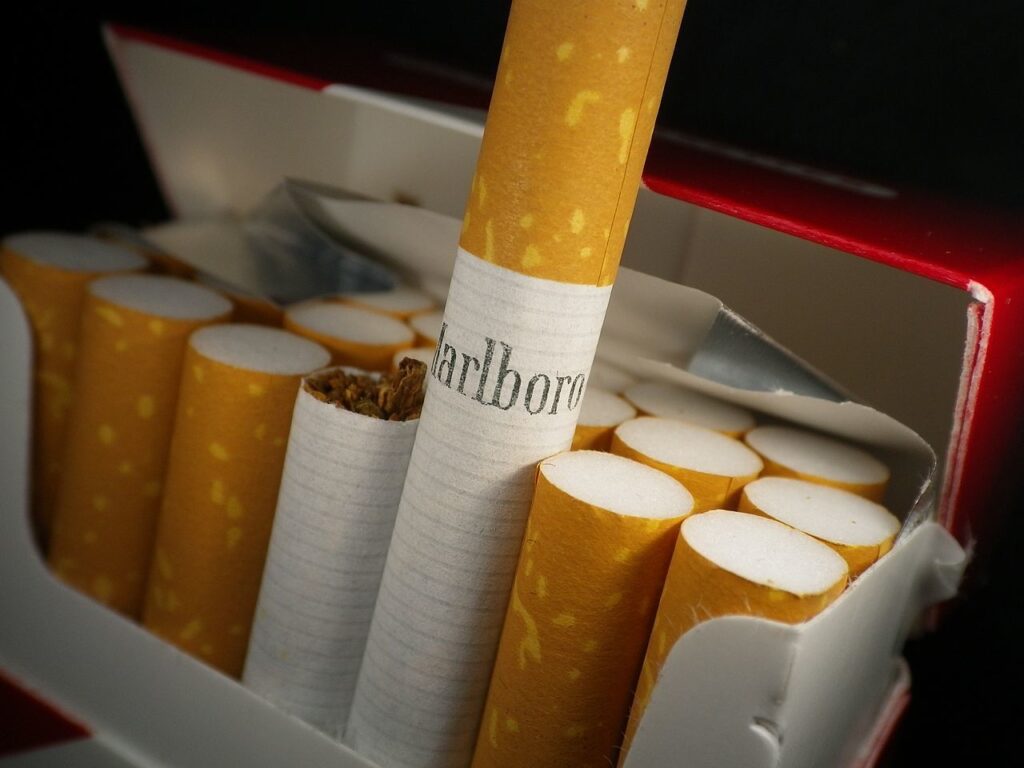Despite veritable mountains of academic evidence proving excise taxes on politically unpopular goods are unreliable revenue sources drawn from those who can least afford to have more money taken from them, city and state governments constantly flirt with such ideas. Like water rushing through a valley, such elected officials seek the path of least resistance in deciding what to tax.
The most recent addition to the list of capitulators is Pennsylvania’s outgoing governor Tom Corbett (R), who has thrown his weight behind a proposal to paper over a funding shortfall for Philadelphia’s flailing public schools with significant new taxes on cigarettes. Trading a tax hike on tobacco smokers—who are, statistically speaking, more likely to be less economically well-off—now for promises to discuss pension reform with legislators later, Corbett chose short-term budget considerations over the long-term goal of fixing the state’s public pension systems.
Study after study has shown sin taxes are a poor method of increasing revenue. Historically, sin taxes have almost always failed to meet revenue projections, failing to hit expectations more than 70 percent of the time. That’s what makes Corbett’s choice a short-term Band-Aid and a long-term disaster: The state government can pretend that the budget is fixed, and then when the money fails to come in, lawmakers will be forced to raise other taxes.
The reason for sin taxes’ low rate of success is hardly arcane. Ask any college student taking Microeconomics 101: Increases in a good’s price result in decreases in consumer demand. In addition, consumers deciding to continue to purchase the targeted good will simply purchase it from a geographic area in which the sin tax is not applied. You may know this rational behavior by another term: smuggling.
More than twenty years ago, Canada imposed steep excise taxes on tobacco, to much applause from public-health regulatory busybodies and other opponents of freedom. The Great White North’s tax crackdown on tobacco had the easily foreseeable effect of stimulating the black-market economy—from which the government receives no tax revenue—which grew by more than $14 billion to reach 11 percent of the nation’s total Gross Domestic Product.
Scholarly studies have found no correlation between sin tax reduction and tobacco use rates, suggesting users don’t start smoking more if tax hikes are rescinded. Contrary to the claims of public-health activists, consumers do not decide to take up smoking on Thursday because a pack of cigs is cheaper than it was on Wednesday. But if that pack becomes more expensive, they will look for cheaper ways to buy it.
Sin tax hikes are an obvious temptation for a politician looking to paper over budget shortfalls, but they are not viable long-term solutions to structural problems.





